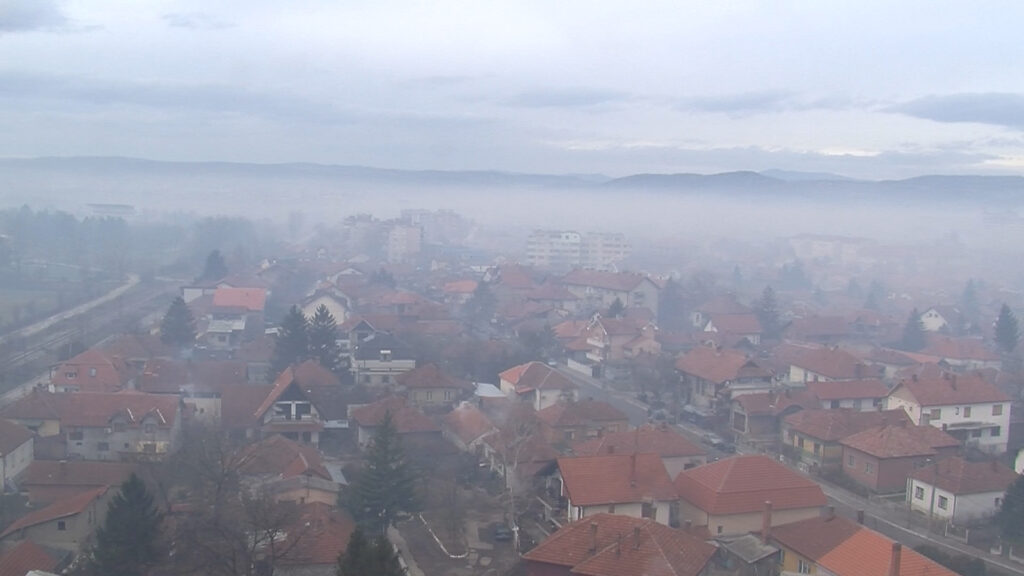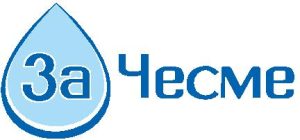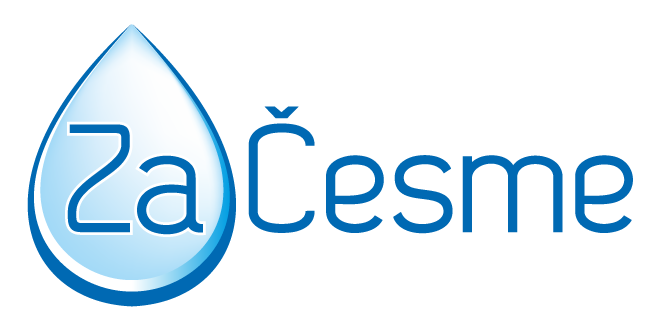
16/03/2024
In Zaječar, Strengthening the National and Local Air Monitoring Network is Essential
Zaječar is among the most polluted cities in Serbia when it comes to air quality. The dominant source of air pollution originates from suspended particles PM10, and based on the results from 2019, since when the concentrations of these particles have been measured, Zaječar falls into the third category of air quality, indicating excessive air pollution. The primary sources of air pollution in the city are individual heating systems and traffic.
Part of the project “Environmental Response to Mining Expansion in Timočka Krajina” involves monitoring parameters indicating air pollution and informing the public about possible health consequences. This project, which began in 2022 and ends in the middle of this year, is being implemented by the Association “Za Drinking Fountains” in partnership with organizations from Bor and Zaječar, funded by the European Union.
Air quality monitoring in Zaječar is carried out at only one automatic station located in the city center, which measures not only the concentration of PM10 particles but also sulfur dioxide, nitrogen dioxide, and carbon monoxide. This station is part of the state monitoring system of the Environmental Protection Agency and does not have the capability to monitor PM10 particle concentrations in real-time. Instead, it publishes results on its website at the end of the year for the previous year, with a one-year delay. While sulfur and nitrogen dioxide levels do not exceed permissible values and carbon monoxide is decreasing, PM10 particle concentrations in the air are rising, commented Toplica Marjanović from the Association of Young Researchers Bor.
Marjanović emphasizes that new geological research and the opening of new mines will require intensified work on environmental protection issues. Therefore, in this regard, it is necessary to strengthen the capacities of the Environmental Protection Service in the City Administration of Zaječar, as well as to enhance both the national and local monitoring network in the city and its surroundings.
Due to all these factors, it is necessary to measure not only PM10 particles but also smaller-sized air pollutants PM2.5 and PM1, and to analyze them for heavy metals, concludes environmental activist Toplica Marjanović.
Although there are alternative, citizen-led air quality measurements in the city, these are not verified measurements and cannot be used for significant scientific studies. However, they can serve as a good indicator that the problem of air pollution indeed exists and needs to be addressed. By doing so, we would draw attention to our problem and have better access to funds for addressing pollution issues.
Association “Za Drinking Fountains”
This text was produced within the project “Environmental response to mining expansion in Timočka Krajina” funded by the European Union, and implemented by the Association “Za Drinking Fountains”, the Association of Young Researchers Bor, Civic Library “Europe” Bor and Children’s Center Zaječar. The content of the text is entirely responsibility of these associations and do not necessarily reflect the views of the European Union.




